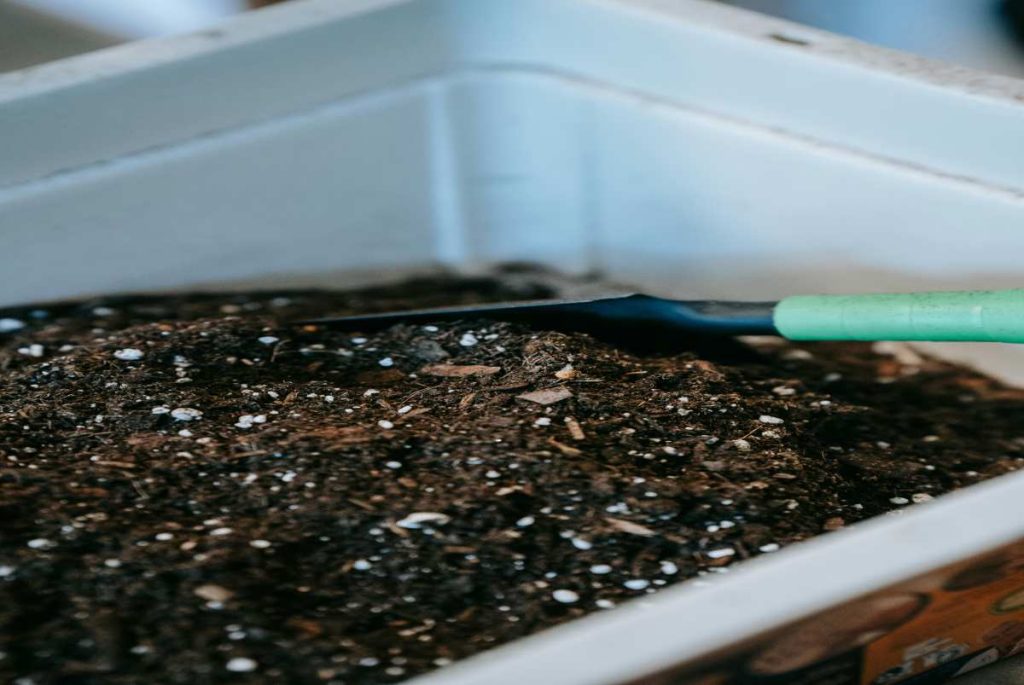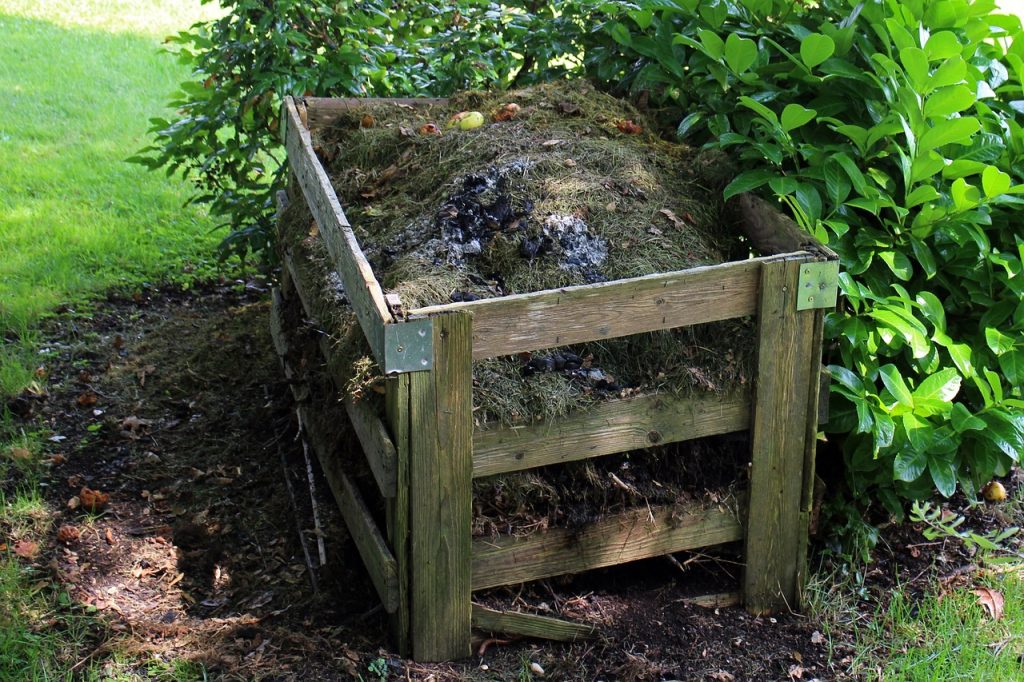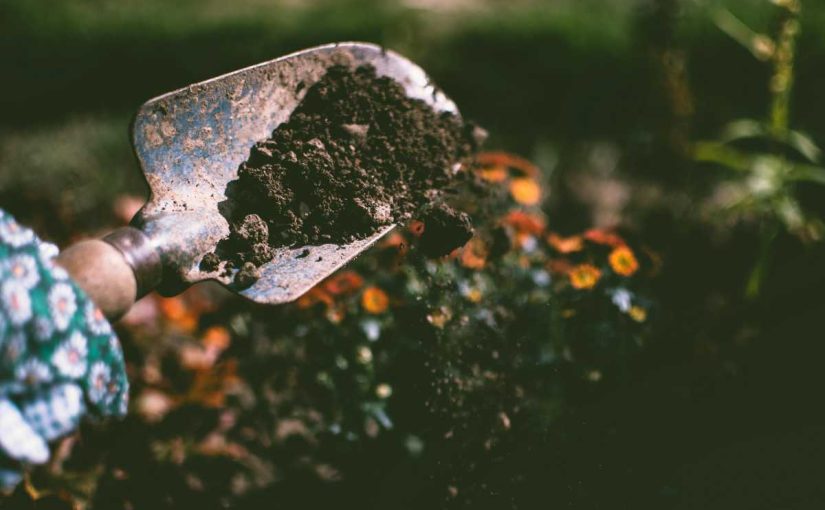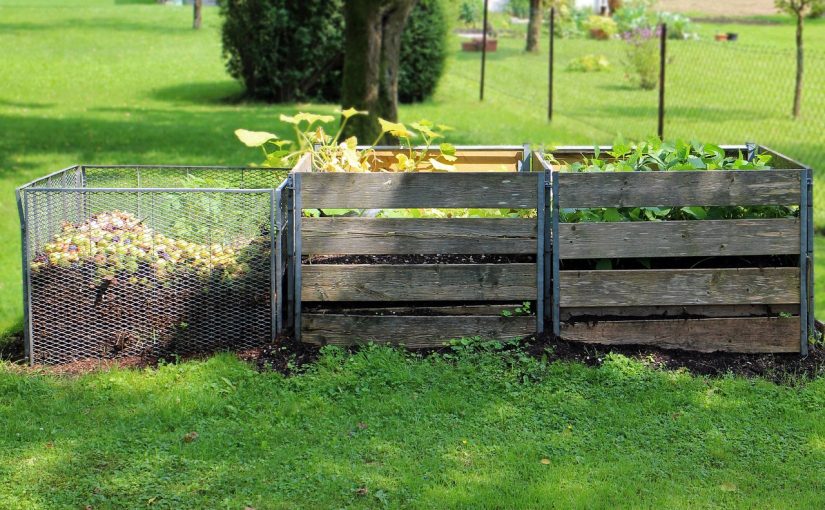Composting is an eco-friendly practice that continues to evolve, offering more efficient, sustainable, and space-saving solutions. As 2024 ushers in new technology and innovative ideas, composting methods have become more accessible and effective for everyone—from small apartment dwellers to large-scale farms. If you’re looking to update your composting techniques this year, this guide will introduce you to the newest and most effective composting methods for 2024.
1. Hot Composting: Speeding Up Decomposition
Hot composting, or “active composting,” has been around for a while, but new strategies and tools have made it more efficient. By increasing the pile’s temperature through a balance of carbon-rich (browns) and nitrogen-rich (greens) materials, you can speed up the decomposition process to finish compost in as little as 6 weeks.
2024 Innovations in Hot Composting:
- Thermal Composters: These fully enclosed units capture and retain heat more effectively, keeping the temperature stable and accelerating the breakdown of organic matter. Some even come with built-in temperature gauges to help manage conditions for optimal decomposition.
- Compost Aerators: New aeration tools allow for easier turning of the pile, ensuring even oxygen distribution and reducing labor. Some tools now come with automated or motorized features.
2. Worm Composting (Vermicomposting) 2.0
Vermiculture is a tried-and-true method for turning organic waste into nutrient-rich compost with the help of worms. However, recent advancements have made worm composting more streamlined and efficient for both beginners and seasoned composters.
2024 Vermiculture Upgrades:
- Worm Bins with Integrated Filtration: New compost bins are designed with built-in filtration systems that help separate excess moisture and odor, improving the environment for worms. Some systems also include ventilation systems to ensure adequate airflow.
- Automated Harvesting Systems: Technological advancements now allow for automatic collection of worm castings, making it easier to separate finished compost without disrupting the worms’ habitat.
3. Bokashi Composting: The Fermentation Revolution
Bokashi composting has been gaining popularity for its ability to break down food waste, including dairy and meat products, which traditional composting methods struggle with. The Bokashi method uses an anaerobic fermentation process, which preserves nutrients in the compost and reduces the time needed for decomposition.
2024 Bokashi Trends:
- At-Home Bokashi Kits: These new kits feature sleek designs, easy-to-use methods, and odor-control technologies. Some even come with odor-reducing additives that help minimize the smell during fermentation.
- Improved Fermentation Additives: New, eco-friendly Bokashi bran blends are available, making the process even more effective by introducing beneficial microbes that break down organic waste more efficiently.
4. Electric Composters: The Future of Fast Composting

For those who want quick and efficient composting, electric composters are an emerging solution. These high-tech appliances speed up the composting process, turning food scraps into finished compost in a matter of hours or days, depending on the system.
2024 Electric Composter Features:
- Faster Turnaround Times: New electric composters have reduced processing times from weeks to as little as 24 hours, making them ideal for busy households and urban gardeners.
- Increased Capacity: Larger models can handle larger amounts of organic waste, including yard clippings, in addition to food scraps, making them a great choice for families or communities.
- Energy-Efficient Models: Today’s electric composters are designed to be energy-efficient, using minimal power while maximizing compost production.
5. Aerated Static Pile Composting (ASP): No-Turn Composting
Aerated Static Pile (ASP) composting is a low-maintenance, space-saving method that uses passive aeration to accelerate the decomposition process without turning the pile. This method is ideal for larger-scale composting projects or farms, but recent developments have made it a viable option for home composters as well.
2024 Innovations in ASP:
- Underground Aeration Systems: Modern ASP systems use underground pipes or perforated tubes to distribute air evenly across the compost pile, maintaining the right temperature and oxygen level for decomposition without the need for turning.
- Improved Monitoring: Sensors and automated systems now allow for real-time temperature and moisture level tracking, which helps keep the pile in optimal conditions for faster composting.
6. Composting Toilets: Sustainable Waste Management
With an increased focus on sustainability, composting toilets are becoming more popular as an eco-friendly alternative to traditional plumbing systems. These toilets break down human waste into compost, turning it into valuable material for gardening after proper treatment.
2024 Trends in Composting Toilets:
- Portable, Low-Maintenance Models: New portable composting toilets are lightweight and easy to transport, making them perfect for off-grid living, tiny homes, or campsites.
- Improved Odor Control and Hygiene: Modern composting toilets use advanced filtering systems to reduce odor and keep the composting process hygienic, making them a more appealing option for households and businesses alike.
7. City-Wide Composting Programs and Technology
With cities and municipalities becoming more focused on sustainability, many are implementing advanced, large-scale composting programs. These programs use innovative methods to collect and process organic waste at the community level, reducing landfill waste and providing free compost for residents.
2024 City-Wide Composting Innovations:
- Smart Collection Bins: Composting programs now use smart bins with sensors that track waste levels and send alerts when bins need to be emptied. This reduces the need for manual labor and ensures that organic materials are collected at peak efficiency.
- Waste-to-Energy Systems: In some cities, composting facilities are integrating waste-to-energy technologies that use methane from decomposing organic matter to generate electricity, further reducing the carbon footprint of the process.
8. Black Soldier Fly Larvae Composting (BSFL)
Black Soldier Fly Larvae (BSFL) composting is an exciting new method that involves using larvae to break down organic waste, including food scraps, yard waste, and animal manure. The larvae consume the material and break it down rapidly, while also producing protein-rich larvae that can be used as animal feed.
2024 BSFL Advancements:
- Automated BSFL Systems: New automated systems for BSFL composting make it easier to raise larvae at scale. These systems regulate temperature and humidity to create optimal conditions for larvae growth, significantly reducing the time needed for composting.
- Waste-to-Profit Models: In some areas, BSFL systems are being integrated with local farms or businesses to generate profit from waste. Larvae are harvested and sold as feed, creating a sustainable circular economy.
Conclusion
Composting continues to evolve in 2024, offering new and exciting methods for turning organic waste into valuable resources. Whether you’re interested in faster processing, easier maintenance, or advanced technology, there’s a composting method suited to your needs. By embracing these latest composting methods, you’ll contribute to a more sustainable future while enhancing your garden’s health and soil fertility.
Explore these innovative methods to find the best solution for your composting journey and enjoy the benefits of a cleaner, greener world.




